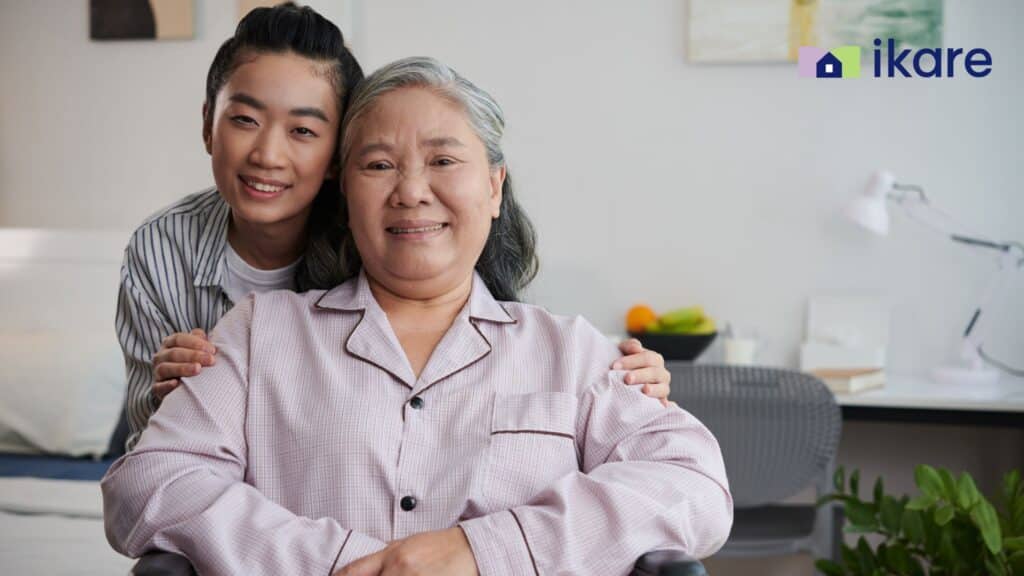
The Role of Dignity in Geriatric Care
Aging is a natural part of life, but good or bad depends significantly on the quality of care that the person receives. Maintaining Independence and dignity is just as important as physical health. Individual care ensures that the senior is being treated with respect, control over their lives, and personalized care appropriate to their unique needs.
As people turn older, they can acquire conditions such as mobility impairments, mental impairment, or chronic diseases. Although these can impact their daily living, personalized care provides them with a sense of purpose, safety, and control. It is more than a general form of care since personalized care revolves around maintaining independence, emotional well-being, and quality living.
How Personalized Care Enhances Quality of Life
1. Preserving Autonomy and Independence
The greatest fear of a senior is most often losing independence. Individualized care allows them to gain control over activities of their daily life choices, meal times, and daily schedules. From what they want to dress in to what they would rather do as leisure, or even how they maintain themselves healthy their way, autonomy creates respect and dignity for themselves.
Home care service provides the elderly with autonomy to stay at home and receive assistance with activities such as cooking, reminding them to take medicine, and mobility. This way, caregivers are able to help them by assisting them without denying their independence.

2. Emotional and Social Support
Social isolation and loneliness can cause damage to the health of an elderly, leading them to depression and cognitive loss. Personal care includes emotional care in the form of companionship, conversation, and engaging in activities that stimulates the elderly and keep them physically active.
Sharing experiences with a close caregiver or companion can boost emotional health, reduce tension, and ensure overall happiness. Interacting with others also challenges the mind, avoiding mental dissonance and encouraging good mental attitude.
3. Fulfilling Special Health Needs
Every elderly has their own unique conditions, and thus individualized attention is needed for managing their long-term illness, movement, and medication routine. Care may be planned according to individual medical conditions such that the elderly receives the desired level of care without the necessity for undue hospitalization.
For instance, an individual with old age arthritis will require support in gentle exercises involving stretches, and a patient with the early signs of dementia can also be helped by memory stimulation activities.
4. Maximizing Safety and Comfort
Safety is also needed for dignified aging. Personalized care enables the elderly to live in homes that will allow them to move around, help to prevent falls, and provide easy access to belongings. Adjustments like grab bars, non-slippery floors, and illuminated paths can be facilitated by caregivers to ensure safety.

5. Supporting Purposeful Engagement
Remaining active and engaged in meaningful activities is one of the secrets to overall well-being and longevity. The care plans are tailored to include activities that have been modified for seniors’ interests and capabilities, such as reading, painting, gardening, or light exercises.
By engaging the elderly’s in stimulating activities and socialization, caregivers makes it possible for them to feel a sense of purpose and fulfilment. Stimulating activities like stimulating the mind, imagination, and facilitate the building of emotional strength, will allow the elderly to remain active the way they desire.
Creating a Future Where Seniors Thrive
Aging in dignity is not just accommodating physical requirements—it’s honoring personal decisions, being supportive emotionally, and encouraging self-reliance. Individualized care ensures that older individuals are given compassionate and personalized care that enhances the quality of life without diminishing their independence.
At iKare, we believe that every senior deserves to age gracefully, surrounded by respect, comfort, and meaningful engagement. By embracing personalized care, families and caregivers can empower seniors to lead fulfilling lives, maintaining their dignity every step of the way.

